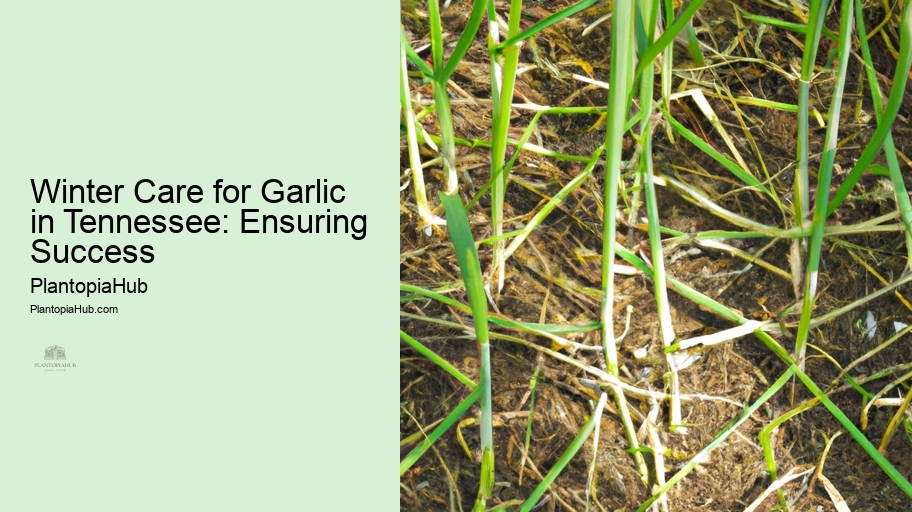

Community Supported Agriculture (CSA) programs can be a fantastic way to promote your Tennessee garlic farm. By offering garlic as part of a CSA share, you can build a loyal customer base while providing fresh, locally grown garlic to your community.
Joining or starting a CSA allows you to establish direct relationships with consumers who appreciate the benefits of supporting local agriculture. It's a win-win situation for both your farm and your customers.
In conclusion, embracing Community Supported Agriculture (CSA) can enhance your garlic farming business in Tennessee and strengthen your ties with the local community.
Turning garlic farming into a successful business venture in Tennessee requires careful planning and dedication. Begin by developing a comprehensive business plan that outlines your goals, target market, and financial projections.
Consider diversifying your product range by offering garlic-related products such as garlic powder, garlic-infused oils, or garlic-themed merchandise. Establishing strong marketing and distribution channels is also essential for business growth.
In conclusion, garlic farming can be a viable and profitable business in Tennessee when approached with a strategic mindset and a focus on customer satisfaction.
Staying updated with innovative technologies is crucial for modern garlic farming in Tennessee. Explore new tools and techniques like precision planting, automated irrigation systems, and data-driven analytics to optimize your garlic crop's performance.
Embrace digital solutions for record-keeping, pest monitoring, and crop management.
In conclusion, adopting innovative garlic cultivation technologies can give you a competitive edge in the evolving landscape of Tennessee agriculture.
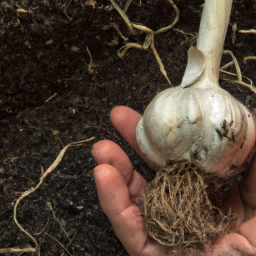
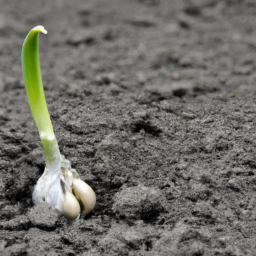
Garlic has a rich history in Tennessee's agricultural heritage. Explore the historical significance of garlic in the region, tracing its roots back to Native American cultivation and its integration into Southern cuisine.
Discover how garlic has evolved from a niche crop to a staple ingredient in Tennessee kitchens, reflecting changing culinary preferences and cultural influences.
In conclusion, understanding the role of garlic in Tennessee's agricultural history can deepen your appreciation for this versatile crop and its place in local culture.
Hosting garlic tasting events and farm tours can be a delightful way to connect with your community and showcase your Tennessee garlic farm. Invite visitors to experience the unique flavors of different garlic varieties and learn about your farming practices.
Educate participants about the benefits of homegrown garlic and offer them a memorable, immersive experience.
In conclusion, organizing garlic tasting events and farm tours adds a personal touch to your garlic farming business in Tennessee and fosters connections with garlic enthusiasts.
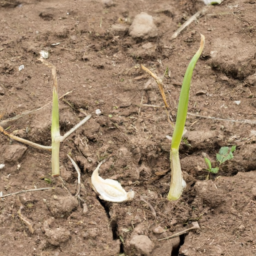
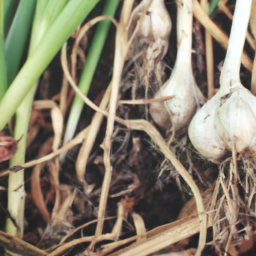
Garlic farming can contribute to a healthy ecosystem in Tennessee.
Biodiversity on your farm can help control pests naturally, reduce the need for chemical interventions, and promote soil health. It's a sustainable approach that benefits both your garlic crop and the environment.
In conclusion, integrating biodiversity into your garlic farming practices can enhance the overall health of your Tennessee farm while minimizing ecological impact.
Homegrown garlic in Tennessee offers numerous nutritional advantages. Freshly harvested garlic retains its full flavor and nutritional value, containing essential vitamins, minerals, and antioxidants.
Consuming homegrown garlic can boost your immune system, improve heart health, and provide a rich source of vitamins like C and B6. Its culinary versatility makes it a valuable addition to any diet.
In conclusion, recognizing the nutritional benefits of homegrown garlic in Tennessee can encourage individuals to incorporate this healthy ingredient into their meals.
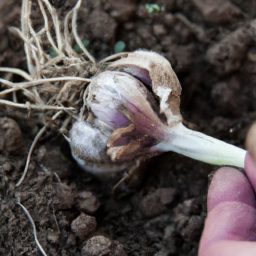
Organic garlic farming in Tennessee offers several benefits. It promotes soil health, reduces chemical inputs, and produces garlic that meets high organic standards, appealing to health-conscious consumers. Organic practices also contribute to environmental sustainability by minimizing the impact on ecosystems. Furthermore, the demand for organic garlic continues to grow, making it a profitable venture for farmers who embrace these practices.
To protect your garlic crop from winter frost in Tennessee, consider applying a thick layer of mulch, such as straw or leaves, around your garlic plants in late fall. This mulch acts as insulation, preventing the soil from freezing and safeguarding the garlic bulbs. In extremely cold regions, you can also use row covers or cloches to provide additional frost protection. Be sure to maintain proper airflow to avoid condensation, which can lead to mold and rot.
The optimal time for planting garlic in Tennessee typically falls between late September and early November. It's important to consider your specific location within the state, as warmer regions may benefit from earlier planting in September, while cooler areas may choose a late October start. Monitoring local temperature trends and referring to the USDA hardiness zone map for Tennessee can help determine the best planting window.
Creating a customized garlic planting calendar for your Tennessee location involves considering factors like frost dates, local climate variations, and the garlic varieties you plan to grow. Start by determining the average date of the first fall frost and work backward to establish planting dates. It's important to align your calendar with your specific microclimate and garlic variety requirements, ensuring the best timing for planting and harvesting.